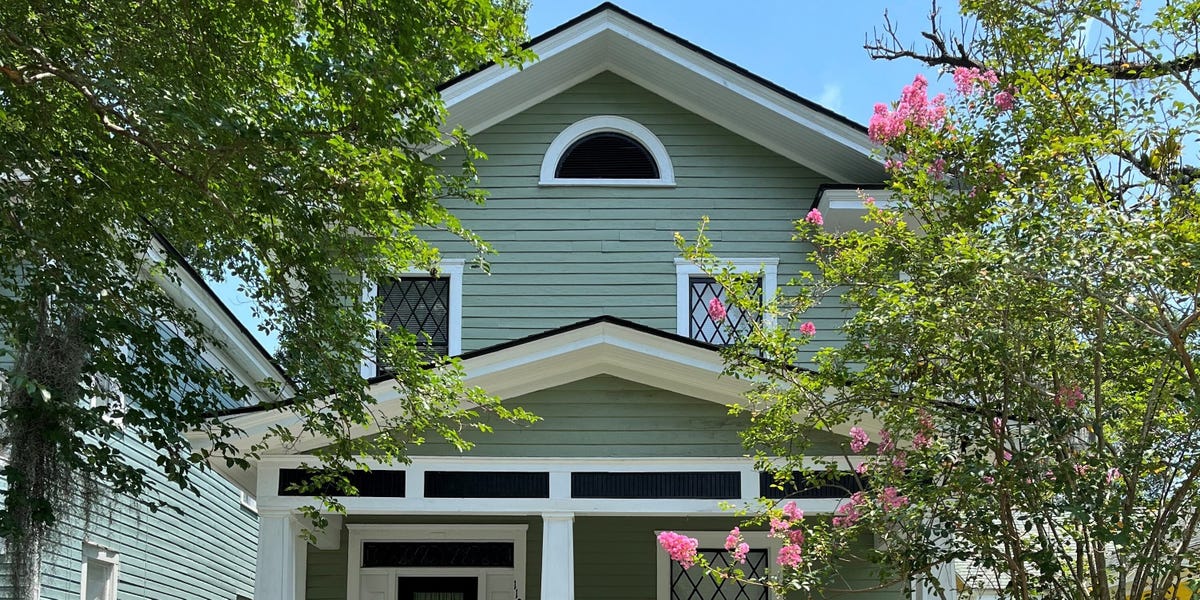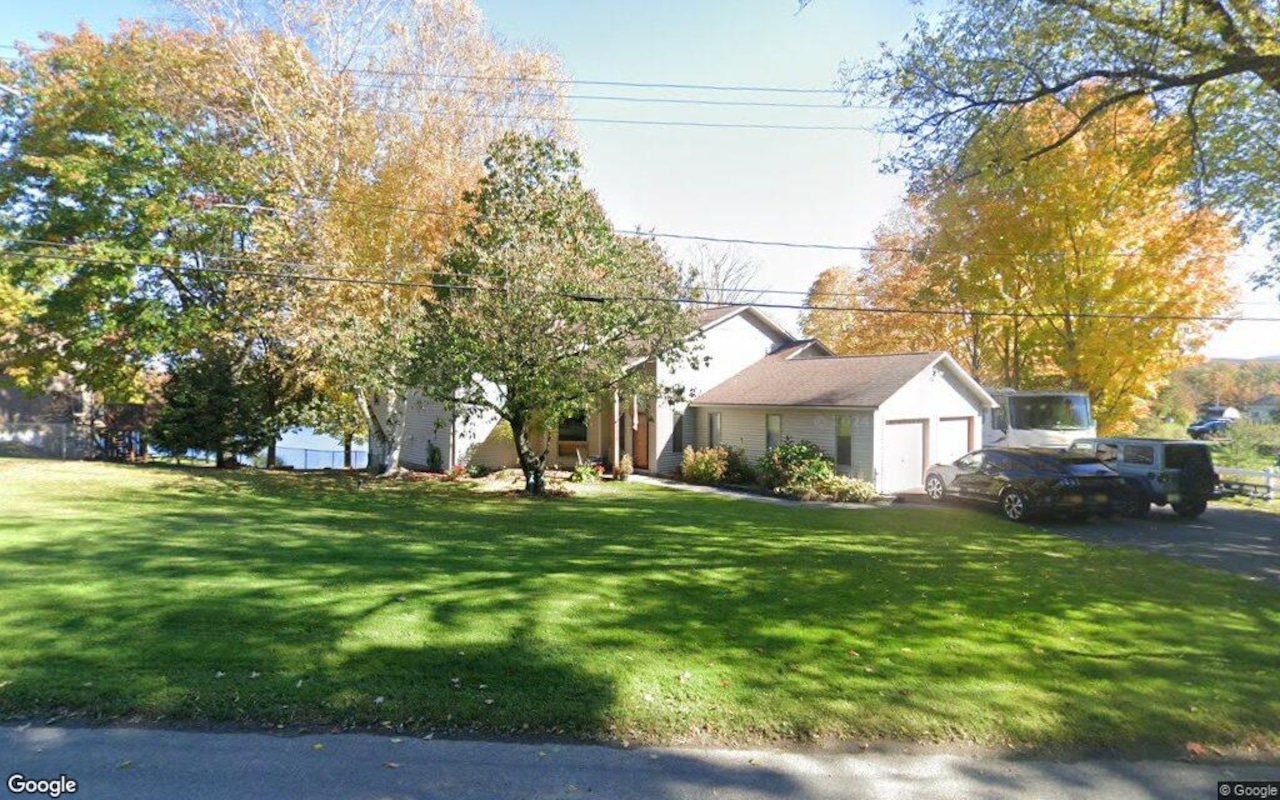C
andice St. Pierre, 53, bought a four‑bedroom Victorian in Midtown Savannah for $485,000 to house her daughter, a student at the Savannah College of Art & Design. After paying $1,000 a month for off‑campus apartments during her daughter’s first two years, she grew weary of co‑signing leases and dealing with unpredictable move‑out fees. The new home now rents for $3,500 a month, covering a $3,494 mortgage and leaving her daughter essentially free to live there. St. Pierre says the purchase is a sound investment; she could sell for a profit, rent it out as a whole house, or use it as a vacation spot.
St. Pierre admits that being a landlord to a college student is demanding. “It’s not for the faint of heart,” she says. “You get late‑night calls and have to jump into problem‑solving mode immediately.” She warns that parents without real‑estate experience should be cautious before taking on the role.
The trend of parents buying homes for their children has grown as tuition, room and board, and real‑estate side‑hustles rise. A study of 121 college markets found that in 23 of them, purchasing a house is cheaper than paying for on‑campus housing. For example, families sending a child to Temple University could save nearly $30,000 over three years compared to $50,904 for room and board.
LeAnne Carswell, 51, followed a similar path for her son at Clemson University. Instead of paying $12,000 a year for a high‑end apartment, she bought a townhome for $227,000 in cash, charging his roommate $775 a month. With no mortgage, Carswell aims to break even and potentially profit when the property sells, avoiding the annual rent expense.
Karen Yould, a Newport Beach resident, bought a two‑bedroom house in Missoula, Montana, for $220,000 in 2018 to ease her son’s housing costs while he attended law school. He covered utilities and property taxes. Yould sold the home in 2022 for $415,000, netting almost $200,000 in profit. Although she considered renting it out for steady income, she declined the hassle of managing a property from 1,200 miles away.
These stories illustrate that buying a home for a college child can be a lucrative side‑hustle, but it demands careful planning, a willingness to handle landlord duties, and an understanding of local real‑estate markets. Parents who weigh the costs of room and board against property purchase, and who are prepared for the responsibilities of tenancy, may find that a college‑town investment pays off both financially and in giving their children a stable living environment.













